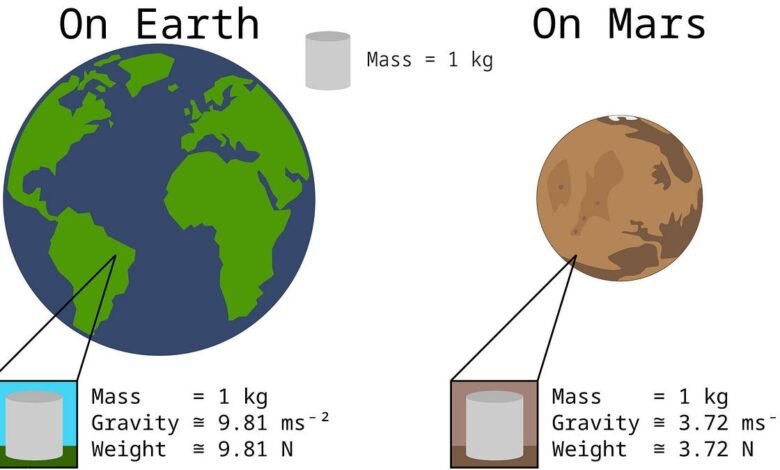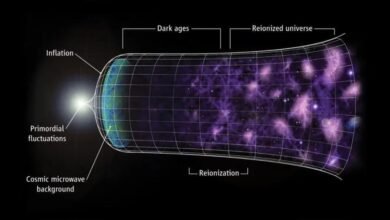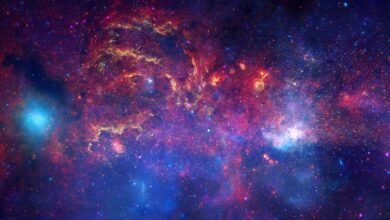It’s important that weight and mass are not the same | by Ethan Siegel | Starts With A Bang! | Sep, 2024

Here on Earth, we commonly use terms like weight (in pounds) and mass (in kilograms) as though they’re interchangeable. They’re not.
If you ask someone how much they weigh, they’re likely to give you a number that they obtained from reading it off of a scale. If that person uses the metric system, they’re likely to give you a measurement in kilograms: 93 kilograms, for example. If they use the English system of measurement, however, they’re likely to give you your answer in pounds, where the equivalent of 93 kilograms is 205 pounds. Conventionally, here on the surface of the Earth, we can convert between the two using only a minimal amount of effort: 1 kilogram is 2.205 pounds, and vice versa, 2.205 pounds converts to 1 kilogram. Going back-and-forth requires only multiplication or division, which seems easy enough.
But “kilograms” and “pounds” aren’t just what you weigh in different systems of measurement units; they’re fundamentally different quantities from one another. A kilogram is an example of mass, not of weight, while a pound is an example of a weight, not of a mass. It’s only here on the surface of the Earth, where we’re at rest relative to the rotating Earth, that these two concepts can rightfully be used interchangeably. It wasn’t…
Source link





